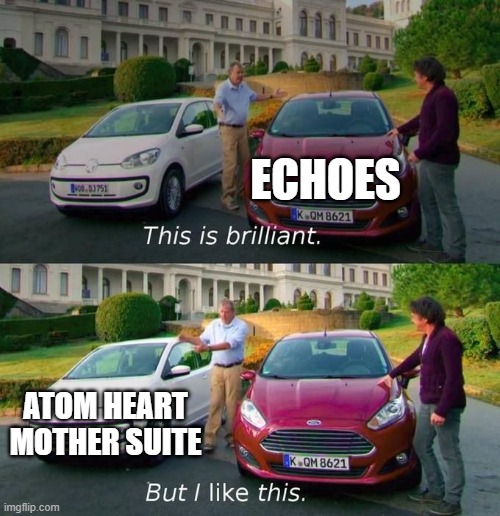

Chapter 2 hypothesizes that Wallace Stevens’s creation of the fictive “mythology” in his allegorical elegies unveils the loss of loss, and suggests that the function of elegy is less to mourn and console than to attempt to locate an unplaced feeling of equivocal loss through its exploratory utterances. To investigate the origin of this obsolescence, Chapter 1 studies how William Wordsworth’s later poems and Essays upon Epitaphs regard elegies as necessary fictions. Poetry of lost loss simulates a mood more aptly described as one of a subdued, causeless, chronic “dysthymia”: when the loss is itself lost and is felt only as a dysthymic trace, the notion of mourning becomes obsolete, since there is nothing left to be mourned for except a faint echo of undefined dispossession.

This dissertation analyzes the absence of consolation in modern elegies through the phenomenon of “lost loss”: a feeling that a specific loss is either absent, ineffectual, or itself lost, or has become a stand-in or screen for something else. Oh! Most insatiable and irrational of appetites, thy name is ambition!" Comments are most welcome!! “It is clear that your adversary has never read almost any poetry at all for he blames your Lordship most bitterly for copying things from Scott, Wordsworth, and so forth, which any boarding-school miss that has read the Elegant Extracts could have told him had been copied by them from the English poets of the two preceding centuries-which any Eton lad, again, could have traced to Greek and Latin-and any puppy that had spent a year abroad in the Alps would have taken a pleasure in showing him, over and over again, embalmed in that beautiful dialect, of whose beauty no English writer (since Gray) appears to have had the real feeling but yourself. I've published the second half as the essay "Mourning Life: William Wordsworth and Percy Bysshe Shelley" (in the journal Romanticism), but have not been able yet to gather the first half into a proper form! The topic and projected title of the materials on Wordsworth and Byron is "Wordsworth, Byron, and the Poetics of (~Rough) Surface Reading." The start is an epigraph from John Bull's Letter to Lord Byron and gives a flavor of the texts and treatment. This is the extended text of a talk delivered at the Wordsworth Winter Conference, Rydal Lake, UK (February, 2013).


 0 kommentar(er)
0 kommentar(er)
